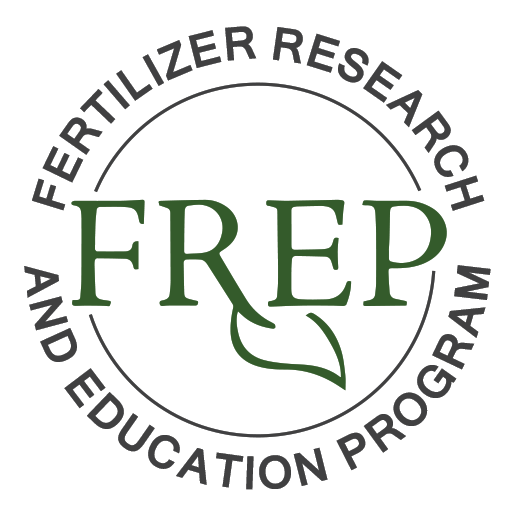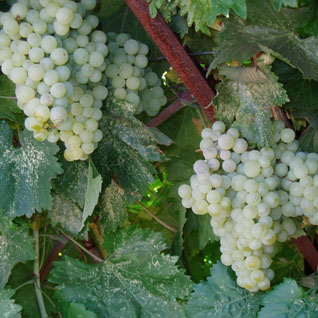
Outreach And Education
Outreach and Education
The FREP mission is to promote the efficient and environmentally friendly use of fertilizers through the funding of fertilizer research and education, and the decision to utilize the findings of FREP research ultimately lies in the hands of the grower. FREP researchers make concerted efforts toward the extension of their research, in usable forms, into the hands of agriculturalists. Certified crop advisors and soil extension specialists provide a great chance for the successful implementation of FREP research - Their encouragement of the application of the best practices, in combination with grower trust, is the key to completing the path toward agricultural nutrient efficiency.
Annual FREP Conference
Training for Certified Crop Advisors
The Nitrogen Management Training Program for Certified Crop Advisors (CCAs) is a joint effort between FREP and the University of California Division of Agriculture and Natural Resources (UC ANR). The Nitrogen Management Training Program provides information to improve CCAs' understanding of sound nitrogen management practices and their ability to make informed recommendations to growers. Between 2014 and 2019, twelve training sessions were held, and approximately 1000 CCAs received certification. CCAs who complete this Nitrogen Management Training Program are eligible to create and certify Nitrogen Management Plans for growers. The one-and-a-half-day curriculum addresses the management of nitrate to reduce unintentional transmission into surface and groundwater throughout the state. The first day focuses on identifying the key objectives, nitrogen cycle in crop production systems, nitrogen sources, irrigation & nutrient management, nitrogen budgeting and future resources. The second morning includes concurrent sessions, with emphasis on annual and permanent crops and nitrogen planning practices. CCAs attend both days of training to receive their certifications.
Training for Central Valley Growers
Through water quality regulations adopted by the Central Valley Regional Water Board, growers are required to prepare Nitrogen Management Plans for land enrolled in the Irrigated Lands Regulatory Program. For land in areas within High Vulnerability Groundwater Areas (check with your local agricultural water quality coalition), Nitrogen Management Plans must be certified by a nitrogen management plan specialist. Growers may certify their own nitrogen management plans only after they successfully participate in a CDFA Nutrient Management Training class. FREP worked with UC Davis to develop a grower training curriculum and then awarded a grant to the Coalition for Urban and Rural Environmental Stewardship (CURES) to train CCAs to teach growers in the program. Agricultural water quality coalitions now offer the training sessions to their grower members. The grower training presentation from these sessions is linked below.
The Nitrogen Tracking and Reporting The Task Force was comprised of 28 people representing agriculture; the environmental and environmental justice communities; local, regional and state governments; and both of California's university systems (the University of California and California State University). This Nitrogen Tracking and Reporting Task Force was charged with implementing Recommendation 11 of several recommendations made to the Legislature by the State Water Board: "CDFA, in coordination with the Water Boards, should convene a Task Force to identify intended outcomes and expected benefits of a nitrogen mass balance tracking system in nitrate high-risk areas. The Task Force should identify appropriate nitrogen tracking and reporting systems, and potential alternatives, that would provide meaningful and high-quality data to help better protect groundwater quality." Through several meetings, presentations by subject matter experts and discussion, the Task Force members came to general agreement on several components of an effective nitrogen tracking and reporting system. Below is supplemental information including existing nitrogen tracking and reporting systems made by subject matter experts.
Task Force Supplemental Information
Presentations and Systems Considered
(Appendix B of final report - please note the presentations below are not listed in any order.)
- Doug Patteson, Central Valley Regional Water Quality Control Board
- Dairy Nutrient Planning - Parry Klassen, East San Joaquin Water Quality Coalition
- Nitrogen Management Approach - Angela Schroeter, Central Coast Regional Water Quality Control Board
- Data Management and Reporting - Larry Wilhoit PhD, California Department of Pesticide Regulation
- Pesticide Use Reporting System - Amadou Ba PhD, CDFA
- Fertilizing Materials Tonnage Reporting - Krijn Poppe MSc, LEI Wageningen UR
- Dutch Mineral Accounting System Minus - Thomas Harter PhD, University of California, Davis
- N Tracking Analysis to Estimate Groundwater Loading - Doug Parker PhD, University of California Institute for Water Resources
- Nutrient Reporting In Maryland - Edward J. Hard, CDFA / Richard Ferguson PhD, University of Nebraska, Lincoln
- Nebraska’s Central Platte Valley Groundwater Management Program - David Zoldoske EdD, California State University, Fresno
- Wateright Online Irrigation Scheduling - Joel Kimmelshue PhD, Land IQ
- Consideration of a Nitrate Hazard Index for Reporting and Tracking - Tim Hartz PhD, University of California, Davis
- CropManage Software for Irrigation and Nitrogen Management - Hank Giclas, Western Growers Association
- Performance Metrics for Specialty Crops: A Common Yardstick


 About Frep
About Frep
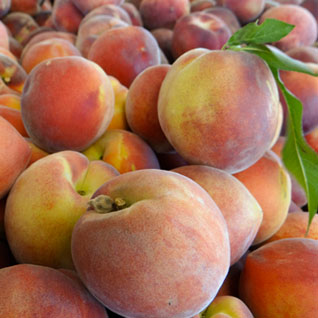 Grant Program
Grant Program
 Training
Training
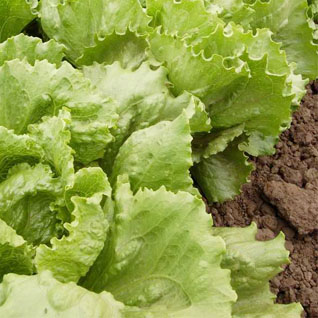 California Crop Fertilization Guidelines
California Crop Fertilization Guidelines
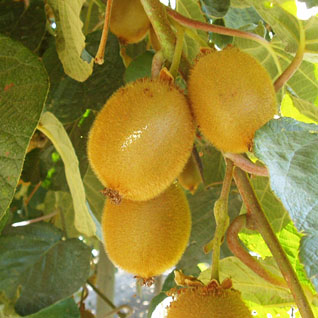 Research & Project Database
Research & Project Database



